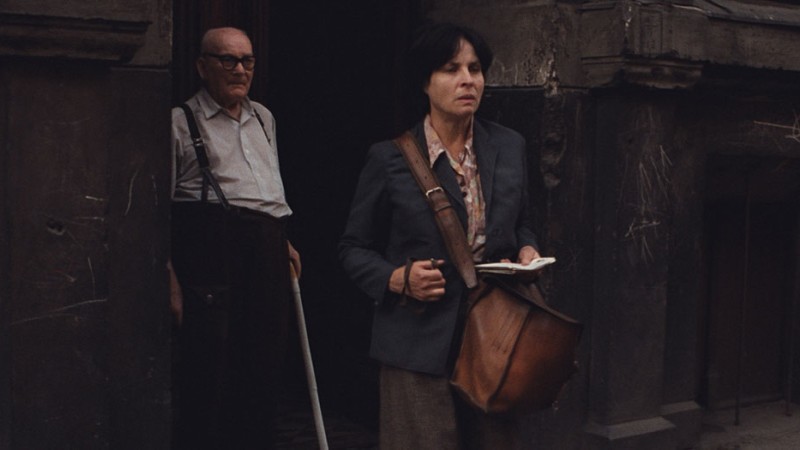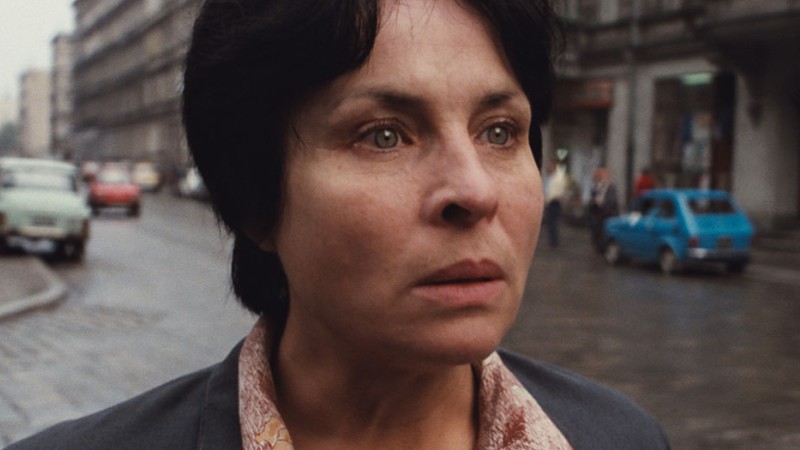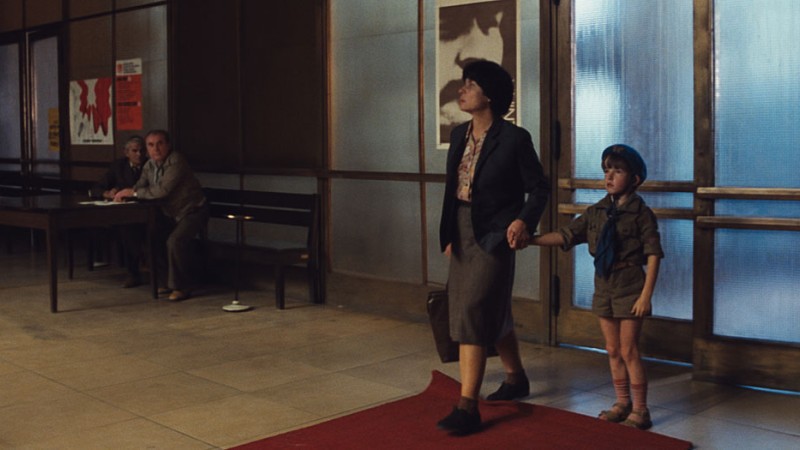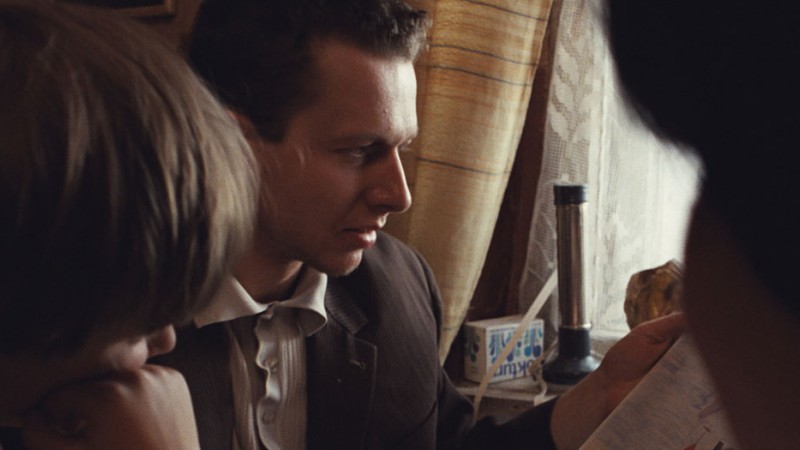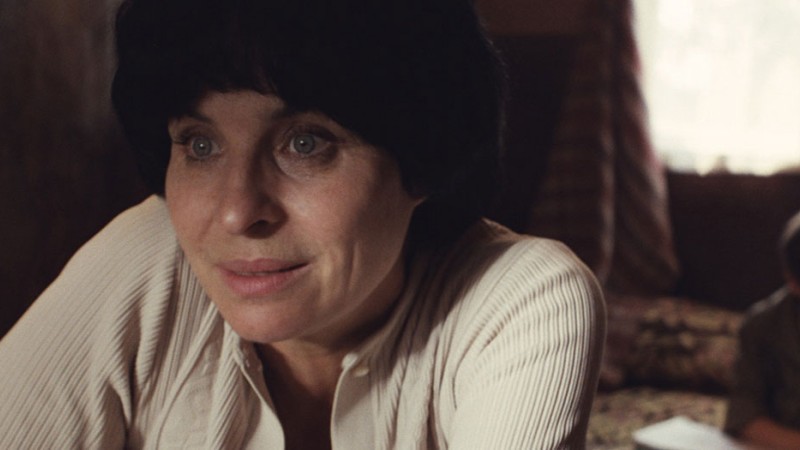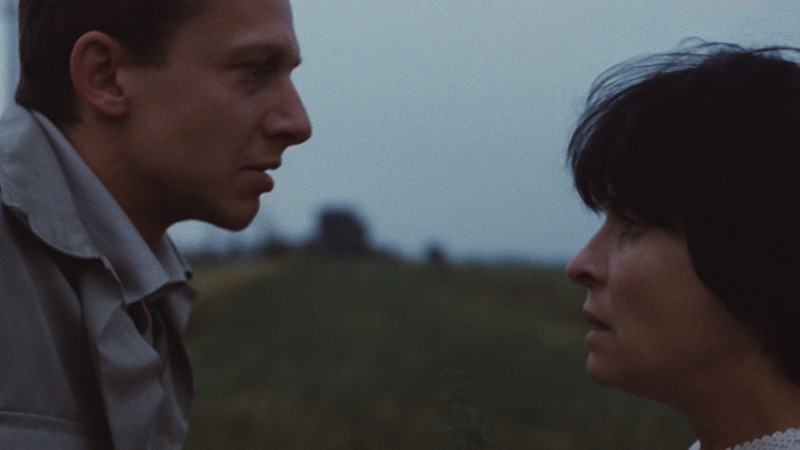A Woman Alone
Banned for six years, then censored by the state when it finally aired on television, Agnieszka Holland’s last film before emigrating from Poland examines the desolate lives of the poor and disabled during the country’s Solidarity era.
Screening at MIFF in its restored form, including five minutes of previously cut material, this handheld social realist drama ranks among Holland’s most impassioned, critical works – a considerable feat from a filmmaker who repeatedly interrogates the impact of governmental control and oppression on the lives of everyday people.
For divorcée Irena, communism’s promised utopia is merely a dream. She lives in squalid conditions with her eight-year-old son, is forced to fight off her neighbours daily, and receives threats rather than empathy from her fellow postal workers. When she begins a relationship with coalminer Jacek, Irena dares to hope for a different life, but luck is hard to find amidst such pervasive misery.
“A portrait of Poland’s conditions in the last decade of communism … A Woman Alone remains a sobering record of its time.” – Slant
